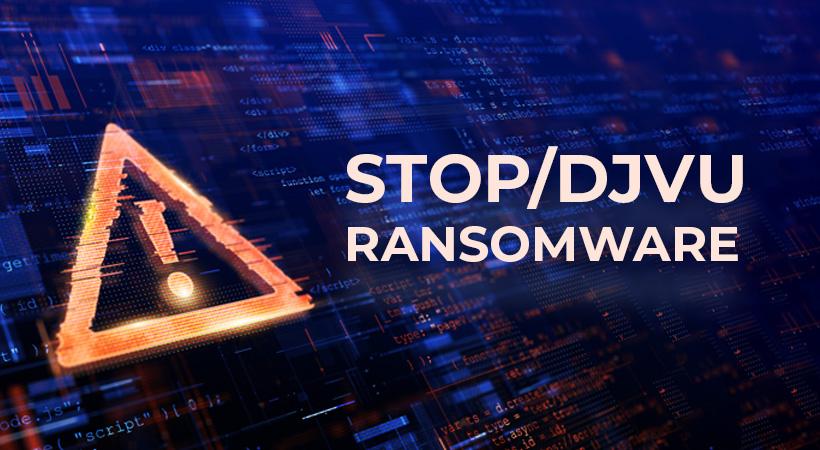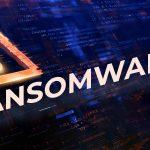QQMT Ransomware is yet another member of the constantly growing STOP/Djvu Ransomware family. Like other related variants, it infects computers and then locks users’ files, including documents, music, pictures, video files, and others.
Once the encryption is complete, the cybercriminals behind QQMT Ransomware demand a ransom for a decryptor that would supposedly help you regain access to your data. If your computer has been infected with QQMT Ransomware, you should disconnect any other devices from the compromised machine to prevent further spread of the ransomware.
QQMT Ransomware appends files with the telltale ‘.QQMT’ extension. Users will then find a ransom note on the computer’s desktop titled “_readme.txt.” This note instructs users to contact the hackers via restorealldata@firemail.cc and gorentos@bitmessage.ch or through the Telegram account @datarestore.
In the ransom note, the hackers also offer to decrypt one file for free to prove that they can restore all of the files upon receiving payment. The ransom note instructs victims to pay $980 or $490 in Bitcoin. The lower ransom price depends on whether or not the contact is made within the first 72 hours after the attack.
Unfortunately, a free online decryption tool that could restore the files encrypted by QQMT Ransomware is not available at the moment. The only reliable way to recover affected files is to restore them from a backup. You can also try using alternative data recovery options, but there’s no guarantee that alternative data recovery tools can unlock all the encrypted files.
How Can I Fight QQMT Ransomware?
The most practical way to deal with the QQMT Ransomware attack is to scan for and remove elements of this nasty ransomware infection using reputable malware remediation software. Additionally, to mitigate possible damages in the event of a future ransomware infection, you should keep backup copies of your valuable data on an external hard disk or a cloud drive.





